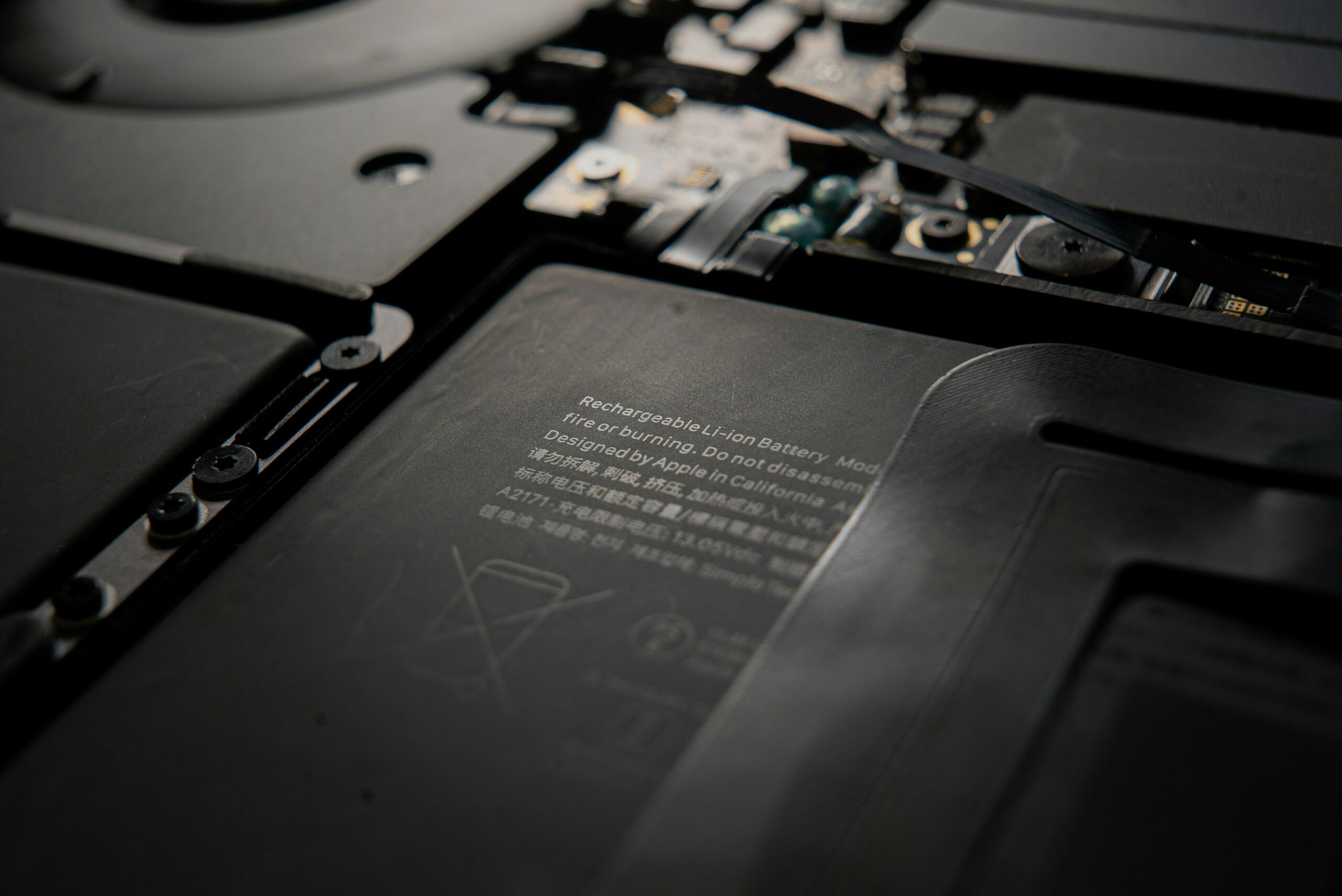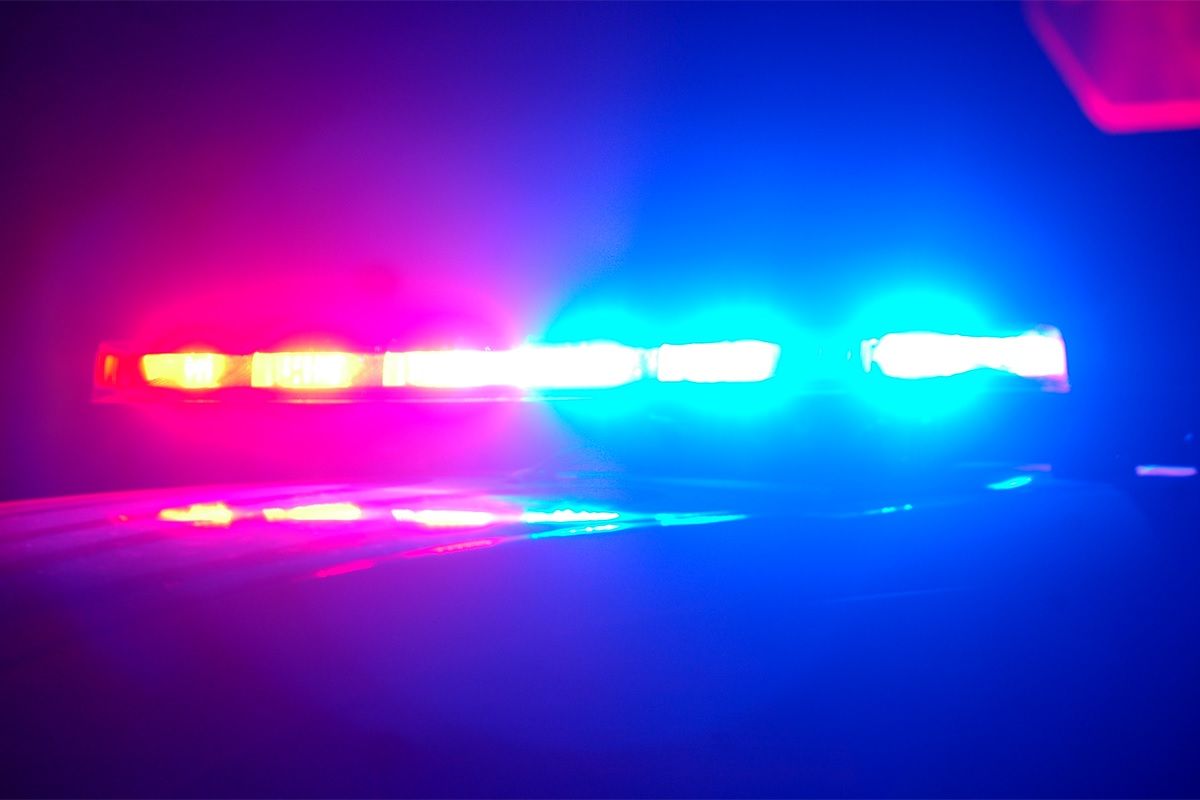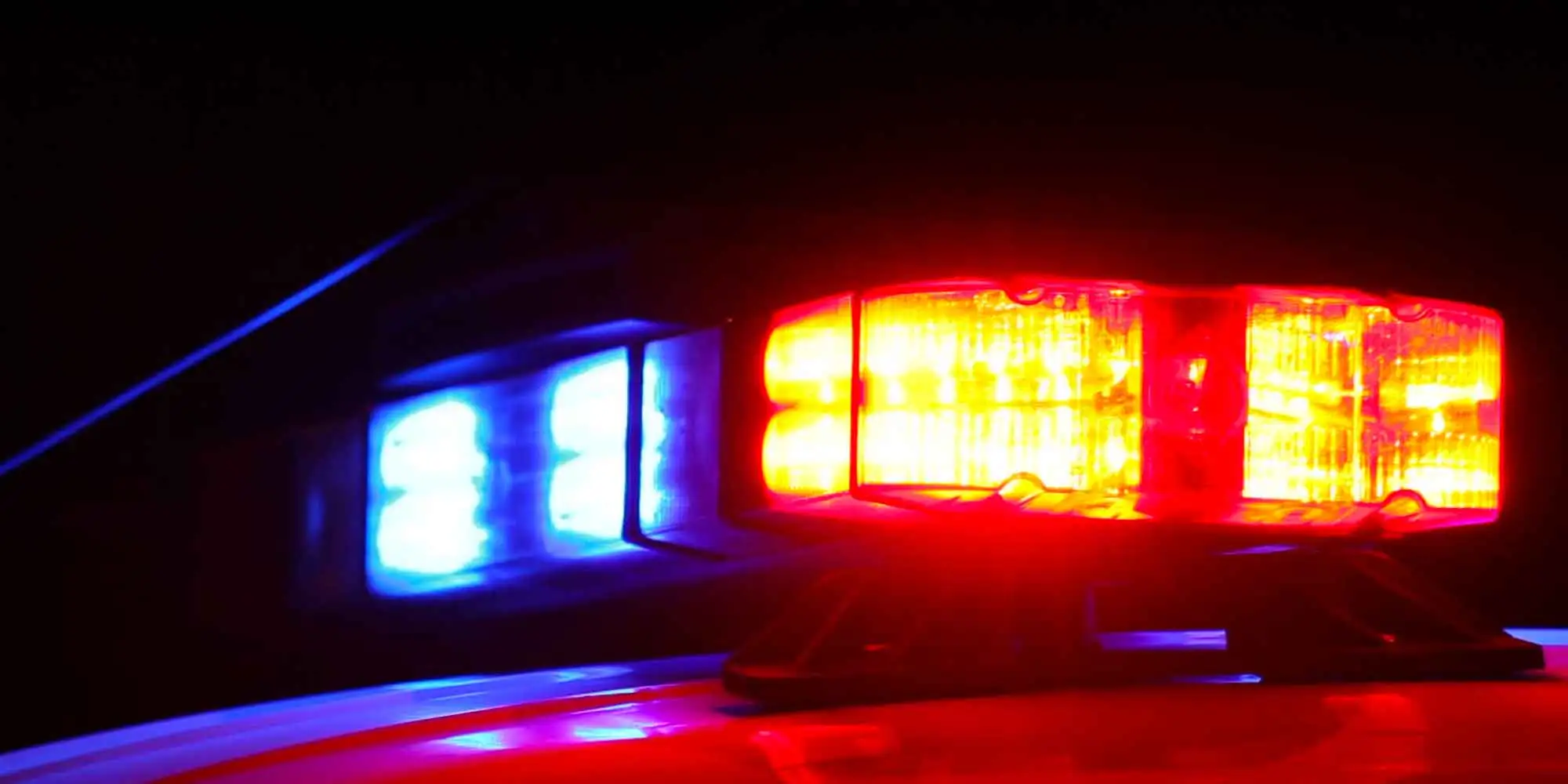The New Hampshire State Fire Marshal’s Office is teaming up with the Department of Environmental Services and the National Fire Protection Association (NFPA), the official sponsor of Fire Prevention Week (FPW) for more than 100 years, to promote this year’s FPW campaign, “Charge into Fire Safety: Lithium-Ion Batteries in Your Home”. The theme for FPW, which continues until Saturday, highlights how important it is to buy, charge, and recycle lithium-ion batteries safely to prevent fires in homes and communities.
Most of the electronics Granite State residents and visitors use every day — smartphones, laptops, e-bikes, e-cigarettes, toys, and more — are powered by lithium-ion batteries. These batteries are convenient and powerful, but they can also be dangerous if not used properly.
In recent years, there have been several fires in New Hampshire linked to lithium-ion battery failures in devices such as e-bikes, laptops, phones, power tools, and improperly discarded batteries.
“Lithium-ion batteries are just about everywhere,” said State Fire Marshal Sean Toomey. “This year’s Fire Prevention Week campaign helps Granite Staters understand the importance of using these batteries safely. By following simple steps to buy, charge, and recycle correctly, we can reduce the risk of fire in our homes.”
The NFPA shares the following safety tips for products with lithium-ion batteries:
Buy only listed products.
- When buying a product that uses a lithium-ion battery, take time to research it. Look for a UL or other nationally recognized testing label, which means the product meets important safety standards.
- Many products sold online or from third-party vendors may not meet safety standards and could increase the risk of fire.
Charge devices safely.
- Always use the charger and cord that came with the product.
- If you need a replacement, buy one from the manufacturer or a trusted source recommended by the manufacturer.
- Charge your device on a hard, flat surface — never on a bed, couch, or under a pillow.
- Do not leave devices plugged in after they are fully charged.
Recycle batteries responsibly.
- Never throw lithium-ion batteries in household trash or curbside recycling bins — they can cause fires in garbage trucks and at recycling centers.
- As of July 1, 2025, rechargeable lithium-ion batteries are banned from disposal in New Hampshire landfills and incinerators (RSA 149:M-27). Check with your local solid waste facility or household hazardous waste collection events for guidance on battery recycling.
- Bring your batteries to a certified drop-off site. Visit call2recycle.org to find a location near you.
- The New Hampshire Department of Environmental Services (NHDES) provides recycling and safety resources at des.nh.gov.
“It’s important that we educate residents about the risks of putting lithium-ion batteries in the trash,” said NHDES Commissioner Robert Scott. “With the state’s lithium-ion battery disposal ban in effect, we hope to reduce the occurrence of fires in New Hampshire while recovering valuable resources by requiring these batteries to be recycled. We’re grateful to be working with the State Fire Marshal’s Office to inform the public about the disposal ban and the recycling options available to them.”
The State Fire Marshal encourages all residents to be aware of their devices, follow the buy, charge, and recycle safely approach, and support this year’s FPW theme, “Charge into Fire Safety”.
Throughout FPW, the State Fire Marshal’s Office will join local fire departments across New Hampshire for events to raise awareness about lithium-ion battery safety and fire prevention.
To learn more about Fire Prevention Week and lithium-ion battery safety, visit www.firepreventionweek.org and follow the NHSFMO and the NHDES on social media.








